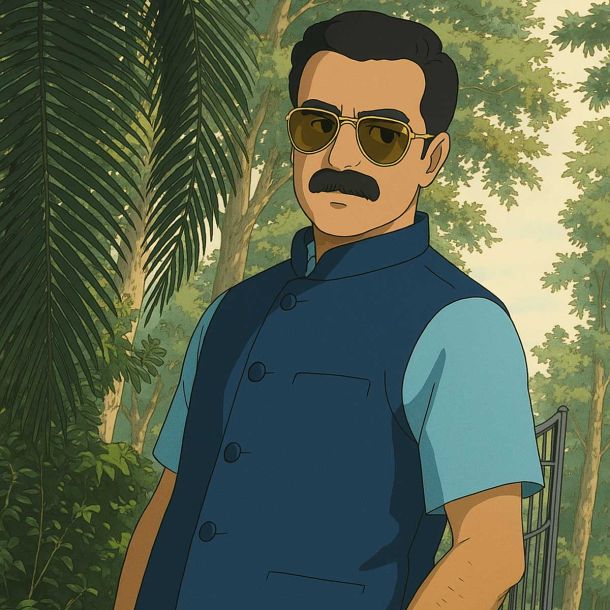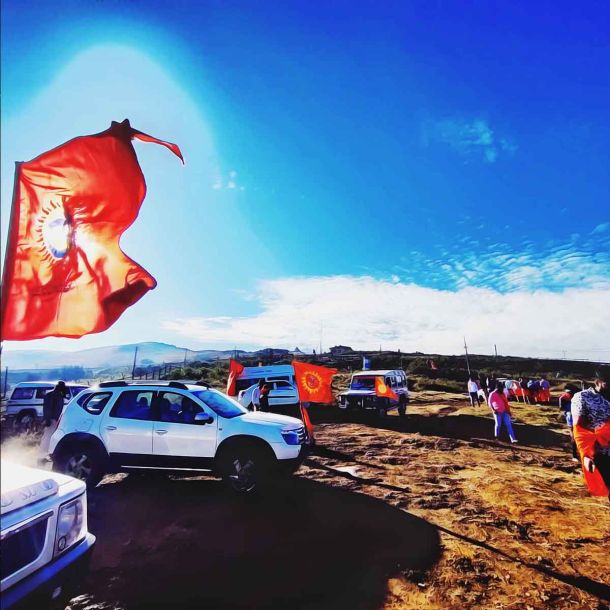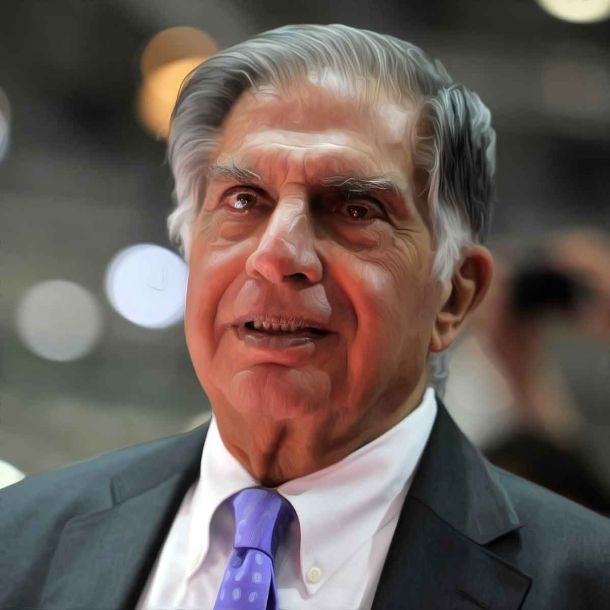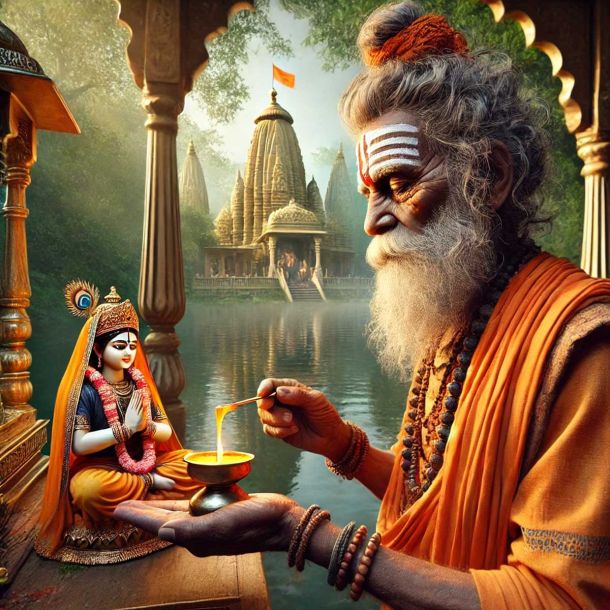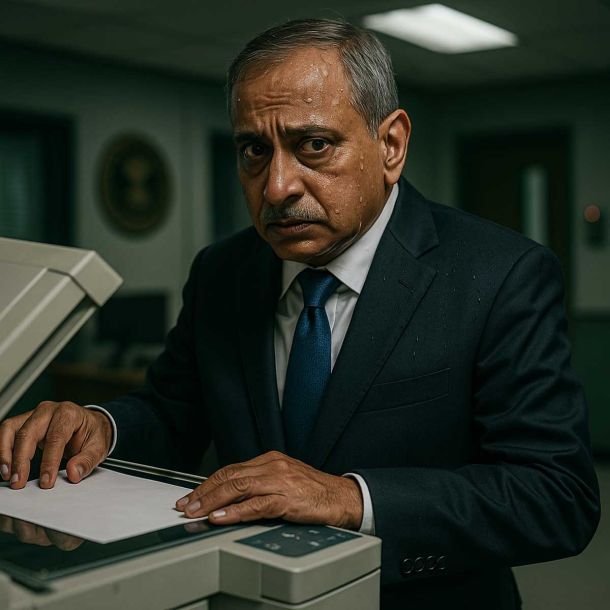More Coverage
Twitter Coverage
Satyaagrah
Written on
Satyaagrah
Written on
Satyaagrah
Written on
Satyaagrah
Written on
Satyaagrah
Written on
Join Satyaagrah Social Media
A troubled childhood - Rajguru: The Invincible Revolutionary
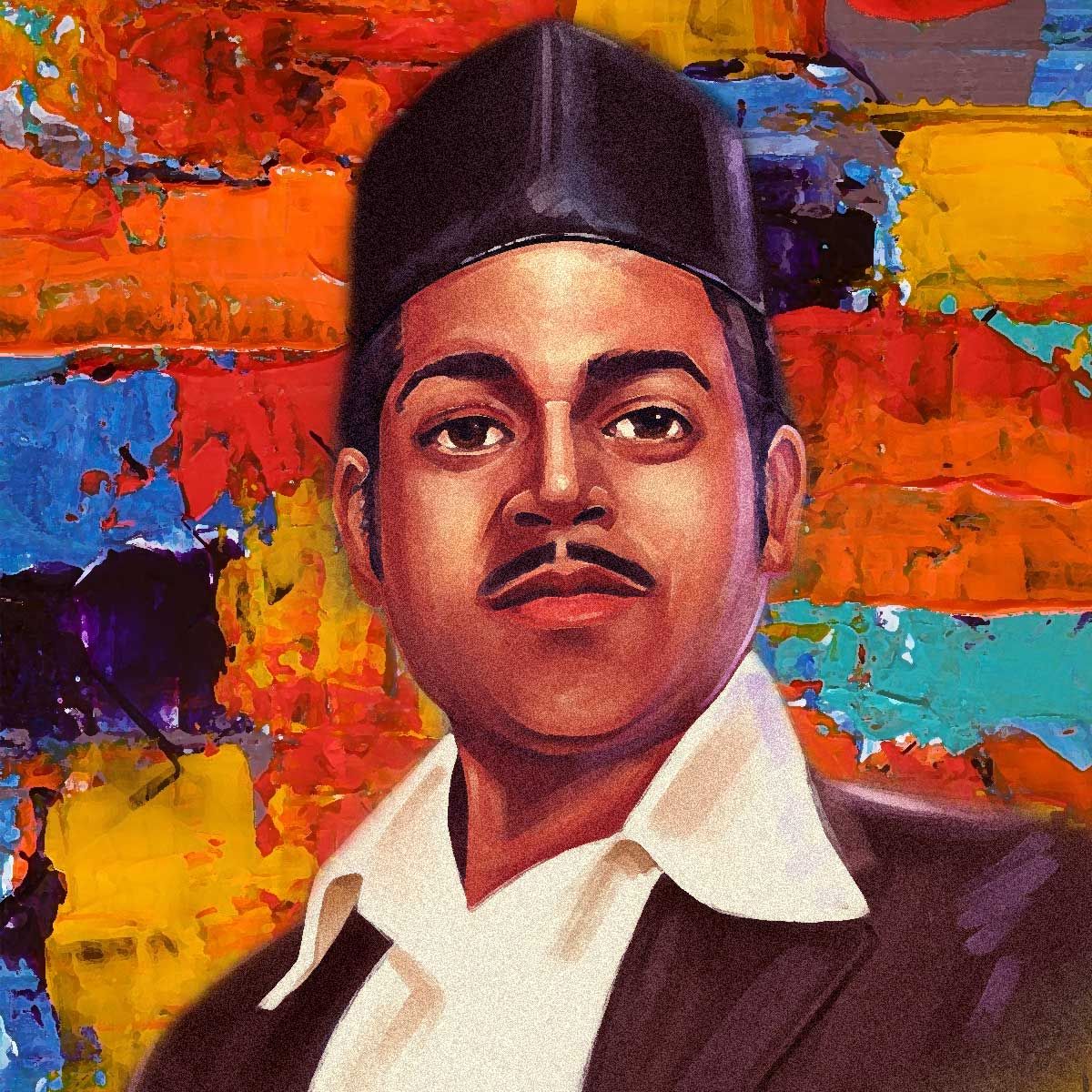
Rajguru was born, about 101 years ago, on Monday, the 24th August, 1908 (Triyodashi of Shravan month of year 1830 according to Hindu Calendar) in village Khed. By way of coincidence, Khudiram Bose (born 3rd December 1889), the great revolutionary, was hanged in the year 1908 only, thus sacrificing his life for the freedom of the nation at an even younger age of 19 years. Was it the unsatisfied soul of Khudiram Bose, which reincarnated itself to finish the remaining job?
His father died of prolonged sickness when he was only six years old. The responsibility of maintaining the family befell on the young shoulders of elder brother. Dinkar was a student of tenth class at that time. He soon joined government service in the revenue department in Pune.
There is an interesting story related to his childhood. A bridge, being built on river Bheema, was repeatedly collapsing despite all efforts. The rumours of making sacrifices of young children to please Gods worried the parents about the security of their beloved ones. His mother was also anxious about his safety. One day, she noticed a monk staring at her son and promptly expressed her annoyance. The monk smilingly said, ‘‘Mother, Your son is not an ordinary man, in reality he is a descendant from Lord Vishwanath of Kashi. These incarnations occur only to eliminate the evil forces. Therefore, your son is destined to earn a lot of fame.”
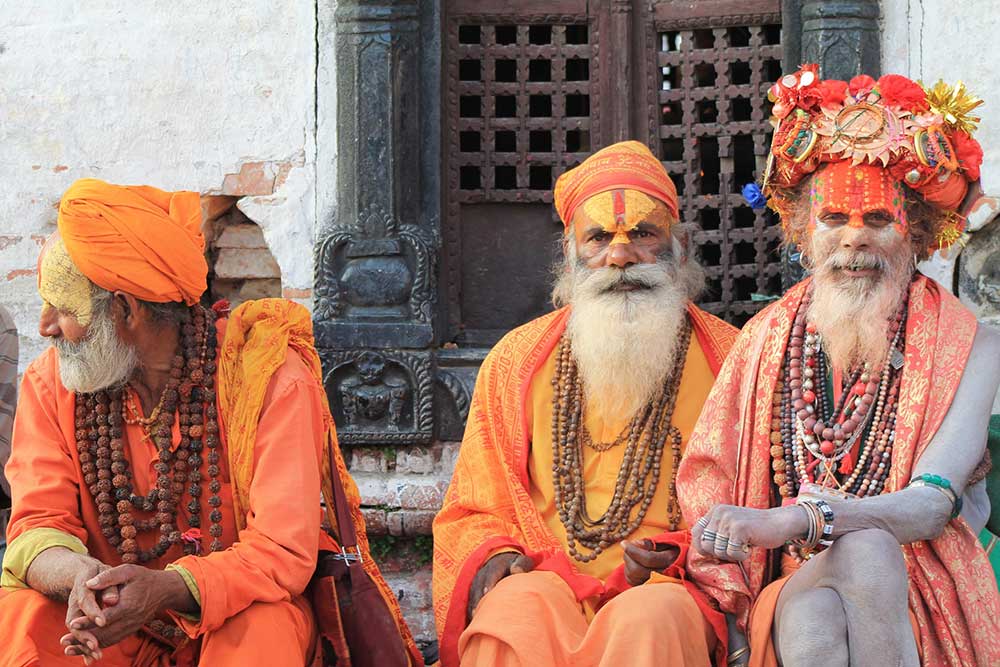 |
The simple hearted mother believed the words and corelated the prophesy with the fact that the child was named Shivram as he was born on Monday of the Shrauana month (a month dedicated to worshipping of Lord Shiva). His horoscope also predicted a promising future and great fame. She decided not to call her son by name and started addressing him as ‘Bapu Saheb’. Since then till his death she never objected to any of his deeds and her absolute faith in him served to make Rajguru even stronger. Rajguru was also deeply attached to his mother and always helped her in household works.
He was a naughty and easily irritable child. He used to take good care of marigold plants in his garden. Plucking of only one Jhendu (Marigold) flower for worship by a neighbour irritated him so much that he uprooted all the plants and placed them before her.
He received his primary education in a Marathi Primary School in the village Khed. Though having a wavering concentration, the child showed remarkable learning skills and family members decided to make him adept in Sanskrit. The forecast of having a bright future assured of fame and wealth further boosted their hopes, though nobody could predict that he was destined to receive the highest honour of achieving martyrdom.
He later shifted to Pune to study at New English High School at Nana ka Bada. On vacations, he used to go back to his native place as he liked the natural beauty and culture of village Khed very much. The family members, specially his brother, Dinkar, was insistent on learning English as it paved the way to higher education and good government job. Rajguru however, regarded English as a language of lowborns and used to argue with his brother as he did not want to serve under the British. Dinkar, finally, used to silence him by asking what else he intended to achieve by declining to do government service.
Once Jagatguru Shankaracharya (Jagatguru means teacher of the world) happened to visit Khed and stayed at the Lord Vishnu Temple, built by Shivram’s ancestors. Shivram was mesmerized by the sage’s brilliance and eloquence. Shivram became his ardent follower and devoted himself in the sage’s service. He even observed a long fast of five days without food or water to cleanse his body and soul and develop his intelligence and stamina. This strong will was reflected in long fasts observed twice by him during his detention in the Lahore jail. His demand to go with the great teacher was, however, turned down by his mother and brother. This annoyed him momentarily but he forgot this episode after few days.
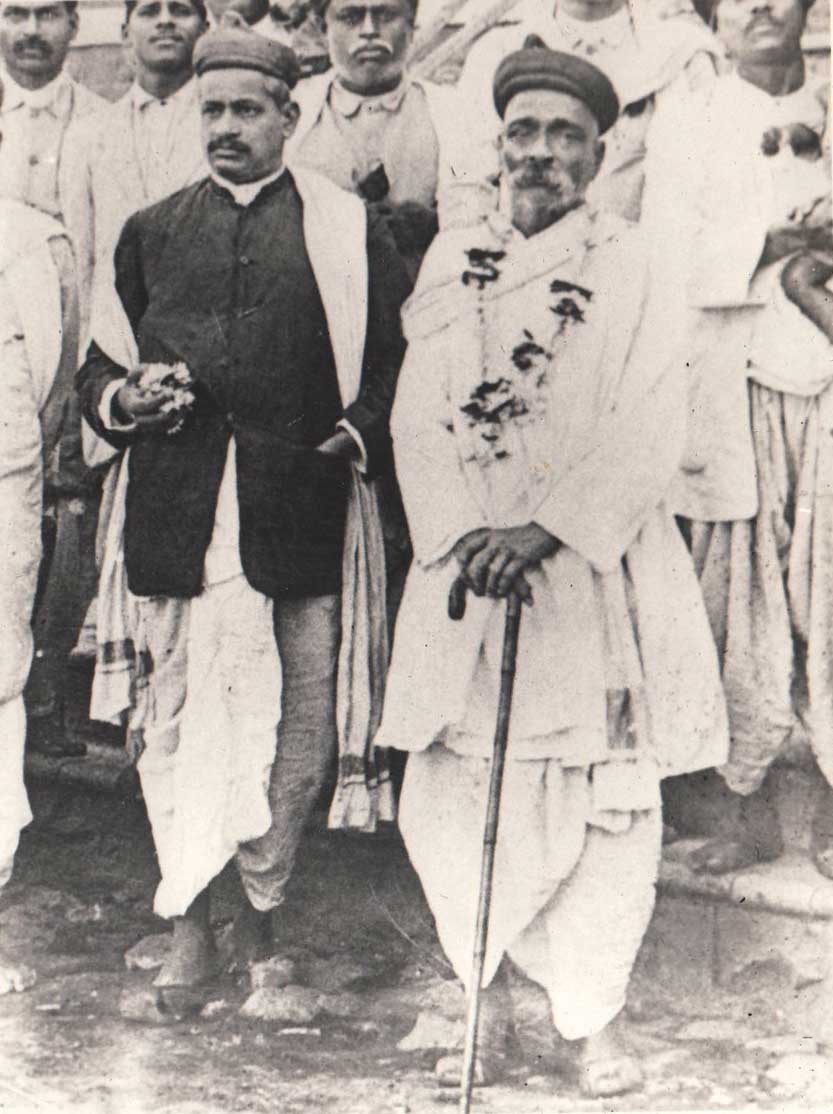 Bal Gangadhar Tilak |
Another great soul, who influenced the tender mind of the child, was Lokmanya Bal Gangadhar Tilak. The tales of great patriot’s struggle for self-rule had already inspired the youth of the nation. Shivram heard his speech sitting in the first row during the great leader’s visit at Khed. Later, at the residence of Shankar Rao Dixit, Shivram, a student of class third, insisted upon seeing the great man once. He was ridiculed but he boldly and confidently, without paying attention to the distracters, walked inside Tilak’s room and touched his feet. Tilak fondled the child with affection, garlanded him and spoke, “The goal of self-rule will definitely be achieved with the courage and boldness of boys like Shivram.” His brother, again, did not like this. He threw away the garland and curtly ordered his younger brother to concentrate on studies rather than follow the wild dreams of achieving independence shown by these so-called big leaders. This callous attitude hurt Shivram and his mother very deeply but they were helpless.
The flame of deep hatred against the British had, however, been ignited in his tender heart. He always remembered with bitterness the sight of disdainful and contemptuous look on the face of a British Officer, who was being paid respect by the simple hearted villagers. He once felt highly enraged when he saw a poor farmer being beaten mercilessly as his bullock cart had crossed paths with the motor car of a Britisher.
The year 1919 marked a turning point in the history of freedom struggle. The incident of mass massacre of thousands of innocent Indians at Jaliyan Wala Bagh dented his heart deeply and strengthened his resolve to participate actively in the struggle. This era was one of the turning points in the history of Indian freedom struggle. Though the World War I had ended, but Pune, like all other places, was quite turbulent under the leadership of Lokmanya Tilak, Chaphekar brothers and Mahadeo Ranade. In the Congress too, the hard liners were beginning to raise their voices. His belief in the saying Paradheen sapanehu sukh naahi (During captivity, even the dreams will not bring any pleasure) grew firmer.
Shivram, in his youthful zeal, decided to devote himself to the freedom struggle. He started developing physical and mental strength by vigorous exercises like wrestling, and swimming, a habit he cultivated during his childhood in Bheema River. He hardened himself so much that he broke a hot lamp glass between his fists. He was quiet adept with sling shot, which served to refine his accurate target practice.
Dinkar, now married, shifted to Pune along with his family. Dinkar’s pro-British Government servant attitude was in absolute contrast with Shivram’s nationalist zeal. With the growing frustration of the youth, the relationship, between the two worsened.
One fateful day in the year 1924, the dispute reached to such an extent that Dinkar in great anger, asked his sixteen year old brother to leave the house if he did not intend to abstain from his so-called delinquent behaviour and concentrate on studies. This provided an unexpected godsent opportunity to Rajguru to break free from family ties and indulge in service of the motherland. He immediately touched the feet of both his elders and walked out of the doors.
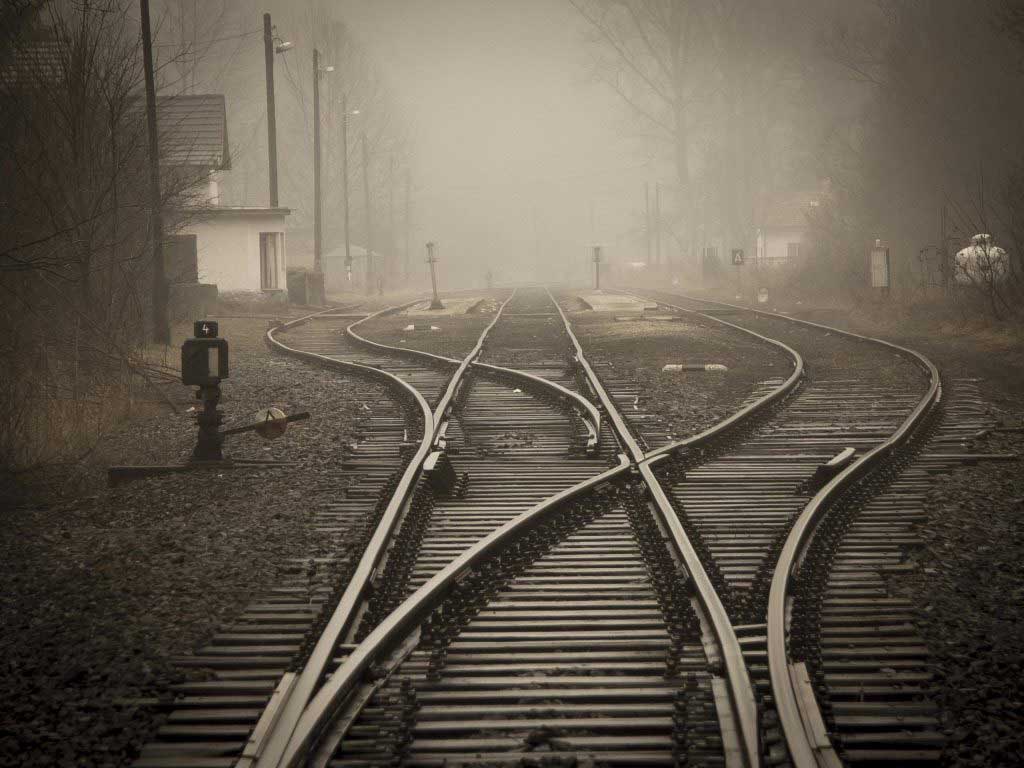 |
Voyager on unknown path
A determined Rajguru started with a dhoti, one shirt and one cap on his body with only a sum of three annas (one rupee had 16 annas) in his pocket. Out of them, two annas were borrowed from his sister Varutai. He immediately after moving out of the house, met a beggar and happily gave away 8 paise from his treasure to beggar’s surprise. The night was spent at Pune Railway station. Still the big question loomed large as to where to go?
He decided to go to Village Khed, his native place and started walking, crossing the wooden bridge. The hunger was satisfied by nuts purchased for half anna at village Khadki. He was excited at the prospect of meeting his childhood friends but his motivation suddenly turned weaker with the thought of a need to beg for food and subsequent insistence of the relatives for returning back to Pune. He preferred not to meet any of them and spent the night in a temple outside the village. Next morning, he resumed walking towards village Indrayani. By dusk, he had reached a village, named Varke, and found the boundary wall of a well near Maruti Temple as the resting place for the night. By now, his treasure had exhausted and he deliberately tied a stone over his abdomen to suppress the pangs of hunger.
In the morning, a ridiculous thing happened. On waking, he noticed many villages standing at a distance and wondering whether the sleeping being was a human or a ghost. A cunning local teacher made them believe that he himself had witnessed the ghost climbing up and jumping back several times in the well during the night. He also said that he could confirm it by hitting the person with a stone. If he was a human, he will cry and if he is a ghost, he will jump back into the well.
Rajguru decided to play a prank. The moment, stone was pelted; he jumped in the shadow of the well’s wall and threw a stone in the well. The loud thud confirmed the villager’s belief that it was indeed a ghost. The elated teacher, thereafter, convinced them to arrange for a yagna and a large feast to get rid of the ghost. Rajguru quietly slipped in the bushes and continued to sleep.
In the afternoon, he went straight to the teacher’s residence. The yagna was over and feast was about to be served. On Rajguru’s humble enquiry as to what was going on, the teacher proudly boasted he had enticed villagers to arrange for all this and a little later he would devour a sumptuous meal and extract a handsome reward {dakshina) from these foolish villagers. Small quantity of food on a platter will be left at the well for the ghost and rest will be consumed by the villagers.
Rajguru then told the teacher about the whole truth and enquired whether the teacher could make available three days ration for him. The perspiring teacher now was praying before Rajguru to keep silent, because of the fear of this exposure and subsequent repercussions. Rajguru took away all the one and quarter rupee, extracted as dakshina and asked the teacher to leave ample food on the village well.
Poor teacher had to comply and Rajguru got away with the food. The teacher took a sigh of relief and the villagers were also happy, getting rid of the ghost. The funny episode took care of Rajguru’s worries for food for three days at least.
This luxury did not last long. On feet, he crossed the villages of Lahasase, Sangamner, Nandur and Dodi. At times, he was forced to eat tree leaves to fill his hungry stomach. A Brahmin offered him the food and dakshina at Dodi, which somehow kept his morale up.
Finally, after walking 130 kilometers, he arrived at the holy city of Nasik. He joined an ashram to quench his desire of learning Sanskrit. The shrine head also arranged for getting food free of cost from Anna Kshetra, a place for providing free food to monks and celibates.
But this was not his abode. He had left home for serving his motherland and not for food and studies. This famous saying was driving him crazy.
Janani Janmbhumishch Swargadapi Gariyasel
(The place of mother and motherland is higher than even heaven)
He left Nasik on the fourth day of arrival and boarded a train to north. Ticketless, he spent two nights and one day with water only. He was asked by a policeman to get down at Ghoti Station. Fortunately a humane South Indian Brahmin, Station Master provided him the much needed food (he was starving for past 36 hours) and helped him board a train to Jhansi at 11 p.m.
At Jhansi, he visited the Fort to pay homage to great warrior Rani Laxmibai, another idol, for whom he had immense respect. Here he met Eknath Sadashiv Gore, who advised him to go to Kashi, where better opportunities of serving the nation as well as getting good education were available. Both travelled for fifteen days through Lucknow, Kanpur, Lakheempur and Prayag, selling sarees and reached Kashi at 8.p.m. on the 14th day of Shukla Paksha of Ashada (Hindi Calendar)
SOURCE:
Rajguru : The Invincible Revolutionary - Anil Verma
 Support Us
Support Us
Satyagraha was born from the heart of our land, with an undying aim to unveil the true essence of Bharat. It seeks to illuminate the hidden tales of our valiant freedom fighters and the rich chronicles that haven't yet sung their complete melody in the mainstream.
While platforms like NDTV and 'The Wire' effortlessly garner funds under the banner of safeguarding democracy, we at Satyagraha walk a different path. Our strength and resonance come from you. In this journey to weave a stronger Bharat, every little contribution amplifies our voice. Let's come together, contribute as you can, and champion the true spirit of our nation.
 |  |  |
| ICICI Bank of Satyaagrah | Razorpay Bank of Satyaagrah | PayPal Bank of Satyaagrah - For International Payments |
If all above doesn't work, then try the LINK below:
Please share the article on other platforms
DISCLAIMER: The author is solely responsible for the views expressed in this article. The author carries the responsibility for citing and/or licensing of images utilized within the text. The website also frequently uses non-commercial images for representational purposes only in line with the article. We are not responsible for the authenticity of such images. If some images have a copyright issue, we request the person/entity to contact us at This email address is being protected from spambots. You need JavaScript enabled to view it. and we will take the necessary actions to resolve the issue.
Related Articles
- Martyrs’ march into the history - Rajguru: The Invincible Revolutionary
- A Great man Beyond Criticism - Martyrdom of Shaheed Bhagat Singh (Some Hidden Facts)
- Our first true war of independence lie forgotten within the fog of time and tomes of propaganda: Sanyasi Rebellion, when "renouncers of the material world" lead peasants in revolt against British and fundamentalist islamic clans
- Vinayak Damodar Savarkar – A Misunderstood Legacy
- Kartar Singh Sarabha - The Freedom fighter who was Hanged at the age of 19 and inspired Bhagat Singh
- Godse's speech and analysis of fanaticism of Gandhi: Hindus should never be angry against Muslims
- How Political ambitions of the Congress has silenced contributions of uncountable freedom fighters
- Fearless female sniper Uda Devi, who etched history during the Siege of Lucknow!
- Tirot Singh: An Unsung Hero of the Khasi Tribe who destroyed British with his skill at Guerrilla Warfare
- On 16th Aug 1946, during Ramzan's 18th day, Direct Action Day aimed to provoke Muslims by mirroring Prophet Muhammad's victory at Badr, Gopal 'Patha', the Lion of Bengal, heroically saved Bengali Hindus & Calcutta from a planned genocide, altering history
- Cross Agent and the hidden truth of massacre of Jallianwala Bagh - Martyrdom of Shaheed Bhagat Singh (Some Hidden Facts)
- Rana Sanga, the symbol of bravery who defeated Sultan Ibrahim Lodhi and fought Muslim Terrorists for Hindu Existence
- Unsung Heroine Pritilata Waddedar, Who Shook The British Raj at the age of 21
- Anuj Dhar claims that Subhas Chandra Bose was suspected of being ‘poisoned’ after ouster from the post of Congress president
- Bhagat Irwin Gandhi - Martyrdom of Shaheed Bhagat Singh (Some Hidden Facts)
